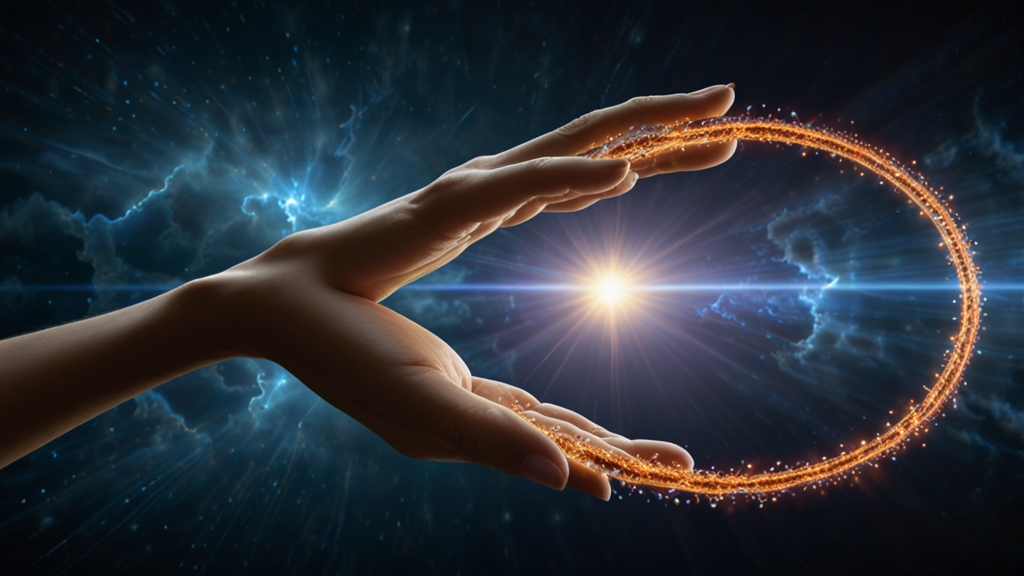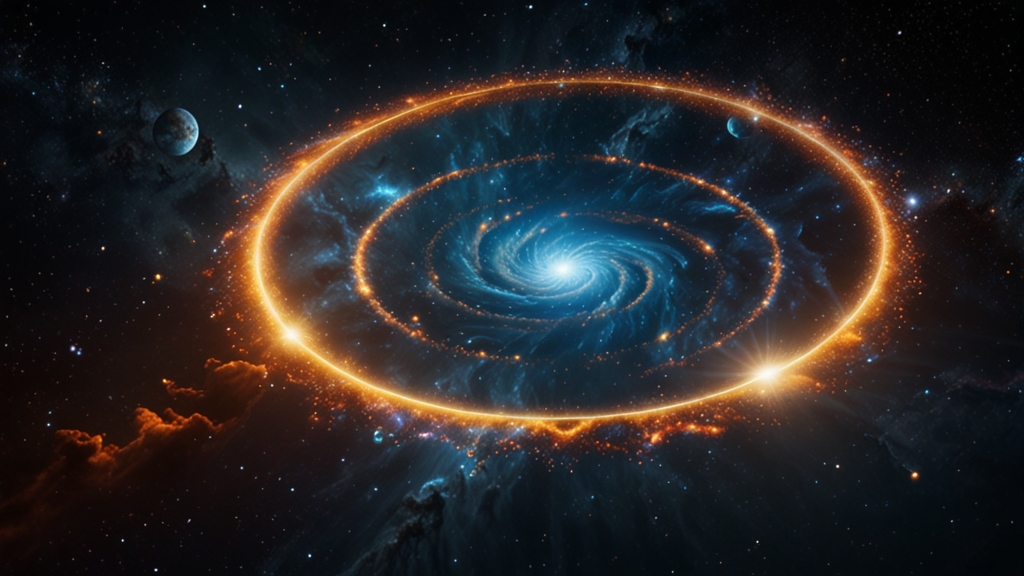Is Free Will an Illusion? A Metaphysical Inquiry
The question of whether free will is an illusion has been a topic of intense debate among philosophers, scientists, and theologians for centuries. The concept of free will touches on fundamental aspects of human existence, including responsibility, morality, and the nature of consciousness. This article delves into some of the key arguments and perspectives that contribute to this enduring metaphysical inquiry.
Determinism and Free Will
One of the central arguments against the existence of free will is based on determinism. Determinism posits that every event, including human actions, is determined by preceding events in accordance with universal laws. If our actions are pre-determined by a chain of prior occurrences, can we genuinely claim to have free will?
"The mind is its own place, and in itself can make a heaven of hell, a hell of heaven." - John Milton
Determinists argue that our sense of control over our choices is merely an illusion. According to this perspective, free will cannot coexist with a universe governed by immutable laws of cause and effect. However, this view is not without its critics.
Compatibilism: A Middle Ground
Compatibilists offer a nuanced approach, suggesting that free will and determinism are not mutually exclusive. They argue that free will can be understood as the ability to act according to one's desires and motivations, even if those desires and motivations are, themselves, determined. In this view, free will is compatible with a deterministic universe because it focuses on the internal processes leading to decision-making rather than external causality.
To illustrate, consider an individual who decides to donate to charity. Their decision may be influenced by factors like upbringing, personal values, and social context. While these influences suggest a deterministic framework, the individual still exercises free will by choosing to act according to their internal motivations.
The Role of Quantum Mechanics
In recent years, quantum mechanics has introduced new dimensions to the free will debate. Quantum indeterminacy suggests that at the subatomic level, events are not strictly determined. This has led some to speculate that human consciousness might involve quantum processes, potentially allowing for genuine free will.
However, linking quantum mechanics to free will remains highly speculative. Many scientists and philosophers caution against drawing definitive conclusions from this nascent field, stressing that quantum randomness does not equate to meaningful choice or moral responsibility.
Neuroscience and the Illusion of Choice
Advancements in neuroscience have further complicated the free will debate. Experiments have shown that neural activity associated with decision-making occurs before individuals become consciously aware of their choices. This has led some to argue that our sense of making choices is an after-the-fact construction, not evidence of genuine free will.
"Neuroscience can speak to the processes underlying our thoughts and actions, but it doesn't necessarily negate the concept of free will." - Patricia Churchland
Critics of this view argue that neuroscience does not eliminate free will but rather sheds light on the mechanisms that enable choice. They contend that just because brain activity precedes conscious decision-making does not mean that the individual has no control over their actions. Instead, it highlights the complexity of cognitive processes involved in exercising free will.
Existentialism and the Burden of Choice
Philosophers like Jean-Paul Sartre have emphasized the existential dimension of free will. Sartre posited that humans are "condemned to be free," meaning that we are constantly faced with choices and the responsibility that comes with them. For existentialists, the question is not whether we have free will, but how we cope with the freedom and responsibility that define human existence.
From this perspective, denying free will is a way to escape the anxiety and burden associated with making meaningful choices. Whether or not free will is an illusion, the existentialist view urges us to embrace the responsibility of choice and the accompanying challenges.
Conclusion
The question of whether free will is an illusion remains unresolved, engaging minds across disciplines in an ongoing dialogue. Determinism, compatibilism, quantum mechanics, and neuroscience all offer valuable insights but do not provide definitive answers. Meanwhile, existentialist perspectives remind us that the discourse on free will is not merely academic but deeply personal, touching on the essence of what it means to be human.
Ultimately, whether free will is an illusion may depend on one's metaphysical commitments and interpretive frameworks. What remains clear is that the inquiry itself enriches our understanding of human nature and the intricate tapestry of reality.








